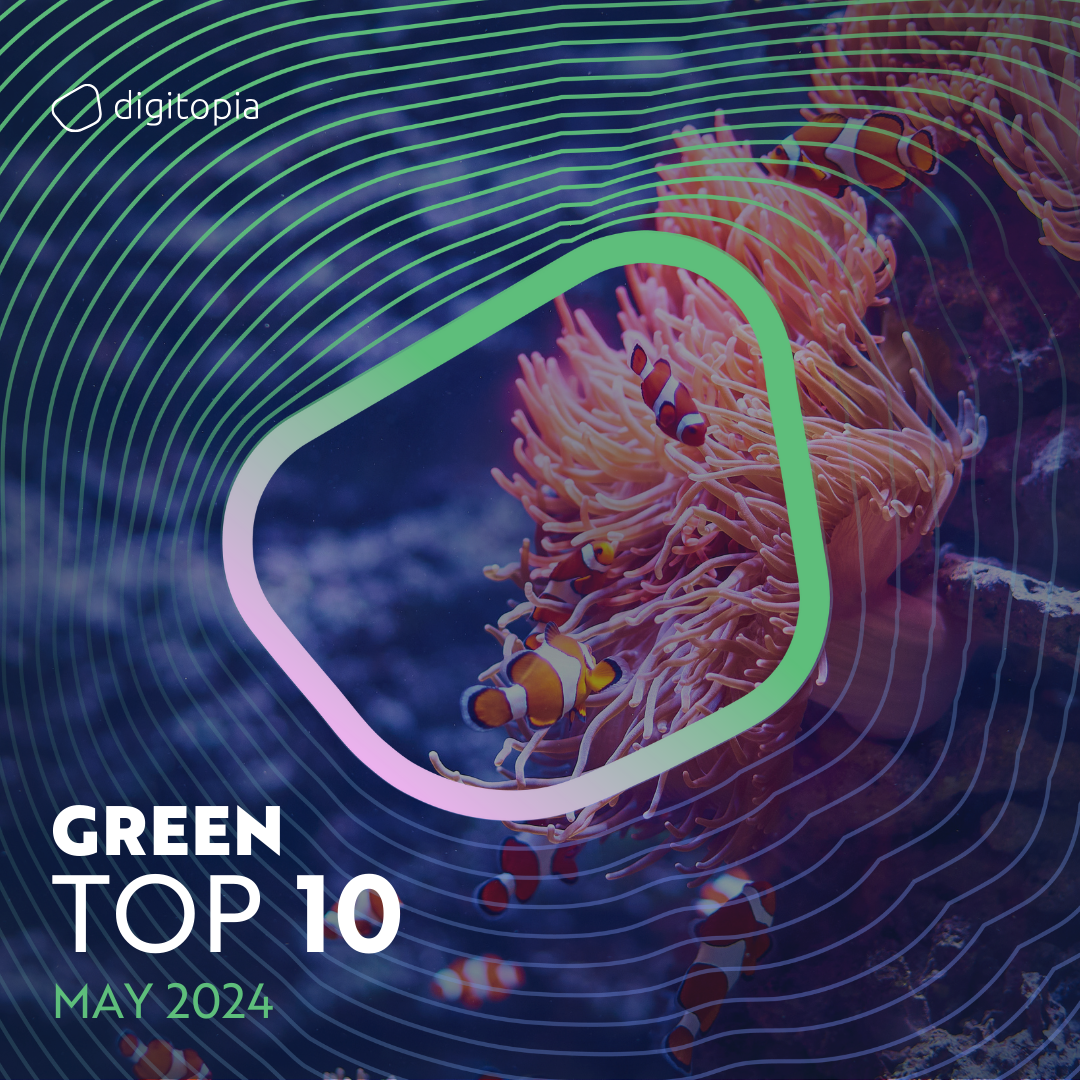
1- EU Council Gives Final Approval To The Net-zero Industry Act
The Council has officially adopted the net-zero industry act, finalizing the decision-making process. This regulation aims to strengthen Europe’s net-zero technology manufacturing ecosystem to meet the EU’s climate goals, leveraging the single market to enhance Europe’s leadership in green technologies. The act simplifies permits for strategic projects, facilitates market access for green tech products, enhances workforce skills, and establishes a coordinating platform. It includes benchmarks for manufacturing net-zero technologies to meet 40% of the EU’s needs and achieve 15% of global production by 2040, along with a CO2 injection target of 50 million tonnes annually by 2030. This act, part of the green deal industrial plan, complements other key legislative initiatives to boost Europe’s transition to climate neutrality. After approval, the regulation will be published in the Official Journal and come into force immediately.
Source: European Council
2- So You’re Planning An Event. But Is It Really Sustainable?
Beki Winchel of Spiro emphasizes the importance of sustainability in event planning, highlighting that modern consumers, particularly millennials and Gen Z, demand eco-conscious efforts from brands. According to reports, 78% of consumers want brands to play a significant role in securing a sustainable future, yet 65% believe brands are failing in their climate commitments. Sustainable events not only build trust but also enhance customer loyalty and brand preference, with 85% of consumers more likely to purchase from a brand after attending an event. Implementing eco-friendly initiatives, despite challenges, is crucial for long-term brand value. By prioritizing sustainability in event marketing, brands can foster stronger relationships and make a positive impact on both the industry and global communities.
Source: The Drum
3- Amazon, Microsoft Back Campaign Against Initiative
Amazon, Microsoft, and over 100 other entities are campaigning against Washington state’s Initiative 2117, which aims to dismantle the Climate Commitment Act. This act funds clean energy and climate resilience programs through a carbon permit marketplace. Opponents argue that eliminating this marketplace would hinder climate efforts and damage the state’s green technology sector. The No on 2117 campaign has raised over $11 million from prominent donors and grassroots supporters. Proponents of the initiative argue it imposes a hidden gas tax, while opponents highlight measures to offset rising energy costs for low-income residents.
Source: Geek Wire
4- Microsoft Names New Chief Sustainability Officer
Melanie Nakagawa will join Microsoft as Chief Sustainability Officer in January, reporting directly to the Corporate Vice President. She brings nearly two decades of experience in environmental sustainability, having served in roles at the White House and in private equity. Melanie’s appointment comes as Microsoft aims to accelerate its sustainability goals, including becoming carbon negative by 2030 and removing historical carbon emissions by 2050.
Source: Microsoft
5- Green Investing Goes Mainstream
The EU’s Emissions Trading System (EU ETS), a key part of Europe’s climate and energy strategy, is now accessible to individual investors through the Homaio platform. Launched in 2005, the EU ETS limits greenhouse gas emissions by capping allowances and facilitating trading among industrial players. Founder Valentin Lautier created Homaio to allow retail investors to invest in EU carbon allowances, aiming for both financial returns and environmental impact. Despite some inefficiencies, the EU ETS has driven a 47% reduction in emissions from industrial participants since 2005. Homaio seeks to democratize green investment, making it available to everyday investors and scaling its impact globally.
Source: Forbes
6- Google Plans to Reuse Heat After Expanding A Data Center for AI
Google is investing €1 billion ($1.1 billion) to expand its data center in Finland to support AI development, while also addressing environmental concerns by reusing heat from the data center to warm nearby homes, schools, and public buildings. This initiative, in partnership with the municipality of Hamina and Haminan Energia, aims to recover server heat and meet 80% of the local district’s annual heating demand by 2025.
Source: The Verge
7- Microsoft’s AI Push Imperils Climate Goal as Carbon Emissions Jump 30%
Microsoft’s emissions have increased by nearly 30% since 2020 due to the expansion of data centers necessary for AI and cloud computing. Despite a 6.3% reduction in direct and energy-related emissions, supply chain emissions surged by 30.9%, driving the overall increase. Microsoft faces challenges balancing its climate goals, like becoming carbon negative and zero waste by 2030, with its AI infrastructure growth. The company plans to require key suppliers to use 100% carbon-free electricity and has committed $10 billion to renewable energy projects. The construction materials for data centers contribute significantly to emissions, raising concerns about the sustainability of AI advancements.
Source: FT
8- EU Markets Regulator Calls Out Asset Managers for Greenwashing
The European Securities and Markets Authority (ESMA) has highlighted concerns about greenwashing within Europe’s fund industry. The regulator found that many banks and asset managers have been marketing their Environmental, Social, and Governance (ESG) products and services without adequate documentation to support their claims. Over a two-year review of more than 200 institutions, ESMA noted that generic marketing and unsubstantiated social media posts about green initiatives are common, potentially misleading investors. The report identified instances where funds were advertised as having positive environmental or social impacts, better returns, and lower volatility without proof, prompting ESMA to call for greater compliance and transparency in ESG marketing.
Source: LuxTimes
9- Companies Count the Cost of Compliance With Green Regulation
Europe’s Green Deal, aimed at achieving climate neutrality by 2050, has introduced numerous regulations, creating significant compliance costs for businesses. Compliance costs are high, and smaller suppliers often struggle to meet these demands. Some companies are even considering exiting the EU due to the regulatory burden. For example, the Corporate Sustainability Reporting Directive (CSRD) requires extensive data automation, costing one multinational $18 million already, with an expected additional $50-60 million over the next few years. The Carbon Border Adjustment Mechanism (CBAM) also adds to the financial burden.
Source: FT
10- The US Has New Guidelines for Carbon Offsets
Offsets are designed to help companies and consumers counterbalance their CO2 emissions, but they often fall short. For instance, a tree planted to capture carbon might release all that CO2 if it doesn’t live for hundreds of years. The Biden administration introduced new guidelines today to improve the effectiveness of offsets. However, many environmental advocates remain skeptical about their potential success.
Source: The Verge

